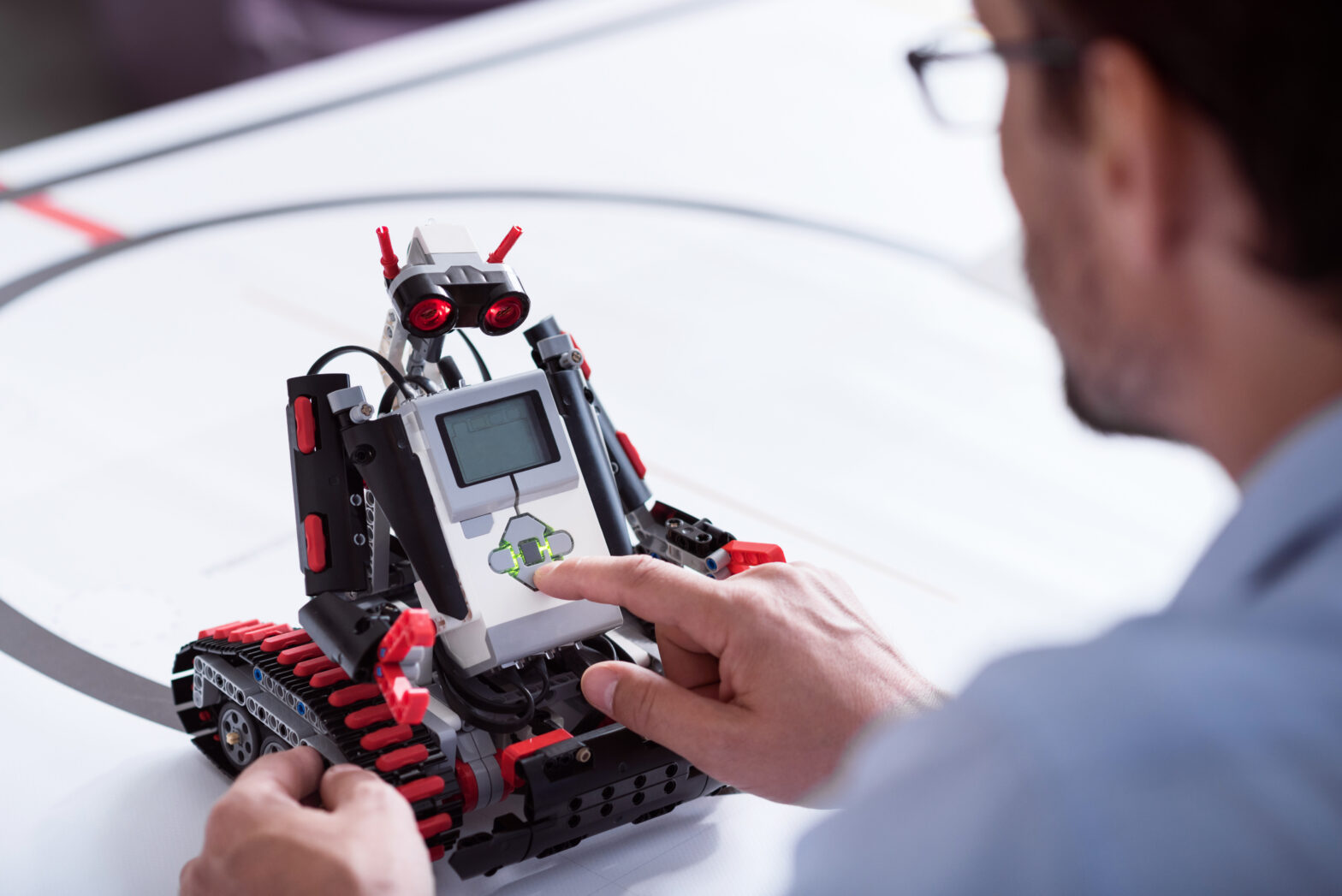Move over, pure play software. Robotics may be the UK’s newest growth sector, now with British Robotics Seed Fund in place.
Spearheaded by former entrepreneur, early stage VC, and engineer, Dominic Keen, this new fund comes at a time when the public and private sectors are primed for boosting innovation and talent in the UK, following Chancellor Philip Hammond’s pledge in the Autumn Statement.
Automation and robotisation are beginning to drive significant productivity improvements across the global economy, according to market intelligence firm Tractica, with robotics set to grow at rates in excess of 45 per cent. The global market is expected to reach a quarter of trillion dollars by 2021.
For Dominic Keen, a lot of the historical activity on robotics has been tied into universities and large corporates, which has made it very difficult for entrepreneurs to start up individual companies outside of these umbrellas. “There’s a lot of great robotics research coming out of the UK, but it needs to get to the next phase to be commercialised.We’re really excited by all the activity and research going into this, but the next bit of the puzzle is the funding arrangements for early stage robotics companies.,” he told GrowthBusiness.
There are currently no specialist UK investment vehicles to provide financial backing and strategic support for early stage robotics companies, which is why Keen decided to set up the British Robotics Seed Fund.
Keen’s fund aims to deliver returns to investors by making targeted investments in seed-stage robotics companies wrapped within a tax-efficient fund format under the Seed Enterprise Investment Scheme (SEIS).
The fund will invest in up to 12 robotics start-ups each year across a broad range of sectors including construction, logistics, agriculture and domestic robots.
“I think the UK can offer a lot to the field of robotics. We’ve seen how the software sector has exploded in the last five to ten years. What we have to do now is the transform that into applications for robotics start ups. I think the UK can deliver innovation that is sensibly funded, well networked, and application-focused, rather than larger state-fostered industrial robotics players you see across Europe,” Keen added.
Traditionally, robotics start-ups haven’t seen much traction in the investment community, primarily because most technology investors lack in-depth technical knowledge in the field, Keen explained. “Investors until now have been comfortable with pure play software. It’s easy to understand, and the cost of getting started is typically lower. People have shied away from hardware based products, but that’s about to change.”
The British Robotics Seed Fund is being managed by Sapphire Capital Partners LLP in partnership with High Growth Robotics Limited which will help identify the investments and provide mentoring services to the robotics entrepreneurs and start-ups with which the fund works.
The fund is open to sophisticated investors with a minimum of £10,000 to invest and who are looking to enhance their investment portfolio with high growth robotics businesses. SEIS-qualifying robotics companies are encouraged to apply. The fund closes on 31 March 2017.







